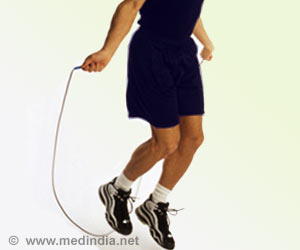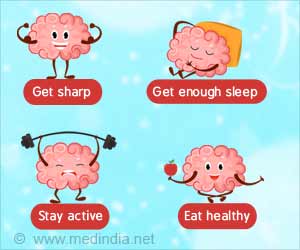Jackson Laboratory scientists have devised a simple way to achieve high fertilisation rates by using frozen mouse sperm.
A simple way to achieve high fertilisation rates by using frozen mouse sperm has been devised by Jackson Laboratory scientists.
They insist that their breakthrough may dramatically cut the cost of developing and distributing new mouse models of human disease.A research article in the open-access journal PLoS ONE says that this achievement results from the efforts of Drs. Michael Wiles and Chuck Ostermeier in Jackson's Technology Evaluation and Development group, and Dr. Robert Taft and Ms. Jane Farley in the Reproductive Sciences group.
The article also says that international academic and pharmaceutical laboratories have started to show interest in the technology.
According to the report, the new technique consistently yields fertilization rates of about 70 percent, a six-fold increase over previous mouse sperm freezing techniques.
The scientist fraternity is making literally thousands of new mouse models with the aid of stem cells to introduce specific genetic variations that mimic the mutations identified in human diseases, say the researchers.
"The problem is that it costs about $10,000 a year to maintain a particular mouse strain, and worldwide only a few hundred strains are in actual laboratory experiments at any given time," says Dr. Wiles.
Since the 1970s, the Laboratory has addressed this problem by cryopreserving - freezing and storing - mouse embryos from little-used strains, which allows the live mice from those strains to be safely removed from the mouse room.
However, freezing embryos is far less efficient and cost-effective than freezing sperm.
"If you freeze 250 embryos, you can only count on about 125 live pups. But a single male mouse can produce millions of sperm, which can give rise to 100s or even 1,000s of offspring. Thus, making sperm cryopreservation work has long been a goal of ours," Dr. Wiles said.
Source-ANI
RAS/L










